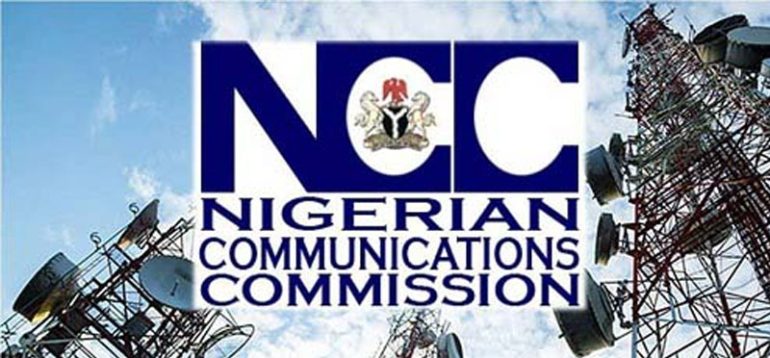Insecurity, multiple taxes, and others may shut out millions from Internet services and the digital economy, the Executive Vice-Chairman of the Nigerian Communications Commission, Prof. Umar Danbatta, has disclosed.
He stated this in a presentation titled ‘Success Factors and Barriers to the National Broadband and Digital Economy Aspirations of Nigeria,’ at the Annual Telecom Executives and Regulators Forum hosted by the Association of Telecom Companies of Nigeria recently.
According to Danbatta, insecurity challenges in the country posed a barrier to the country’s broadband and digital economy aspirations.
The NCC boss said: “Insecurity challenge impacts long-term planning and investment.”
He further noted that telecom taxes had risen to 46, increasing the cost of doing business and discouraging investments in the sector.
He observed: “Multiple taxation reduces economic activity, increases costs of doing business, discourages investment and innovation, incentivizes tax evasion and avoidance schemes by businesses, among others.”
According to Danbatta, the country’s vast and diverse geography presented challenges in deploying broadband infrastructure, particularly in remote, rugged, and swampy terrains.
“This presents a major obstacle to rolling out broadband infrastructure,” he said.
The high upfront costs of building broadband infrastructure also posed a barrier to investment, Danbatta noted.
He further stated that Nigeria’s digital aspirations held the key to unlocking the country’s full potential and driving inclusive economic growth.
He remarked that the achievement of the country’s broadband and digital economy aspirations required careful planning and investment.
Defining broadband, he said, “Broadband is an interconnected, multilayered ecosystem, which provides an exciting value chain of digital readiness, digital development, digital opportunity, and digital inclusiveness.”
According to Danbatta, the journey towards a national broadband network and a thriving digital economy was with its challenges.
“However, these challenges can be overcome through determination, innovation, and strategic planning. By focusing on the success factors and addressing the barriers, we can create a future where every Nigerian has access to the opportunities that the digital world offers,” he asserted.
According to the Nigerian National Broadband Plan (2020-2025), broadband penetration is supposed to hit 50 per cent by 2023 and 70 per cent by 2025.
A slowdown in telecoms investment may impact this plan.
In July 2023, broadband penetration rebounded to 47.01 per cent (89.73 million subscriptions) after hitting 48.49 per cent (92.56 million subscriptions) in February 2023.
However, there was a 46.89 per cent decline in foreign direct investment into the telecoms sector to $399.91m from $753.05m as of the end of 2022.
According to the World Bank, foreign direct investment in Nigeria had remained low because of limited forex availability, security concerns, and other structural challenges.
In its ‘Nigeria Development Update (December 2022): Nigeria’s Choice,’ report, the bank said, “Net FDI inflows are negative, reflecting net withdrawals of equity by foreign investors. FDI and FPI flow into Nigeria do not compare favourably with similar economies of the world, reflecting difficulties with FX availability, security concerns, and other structural challenges in recent years.”
